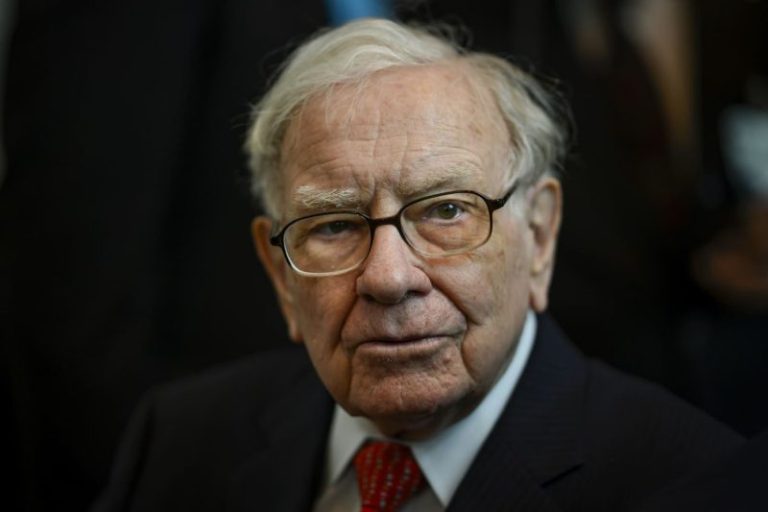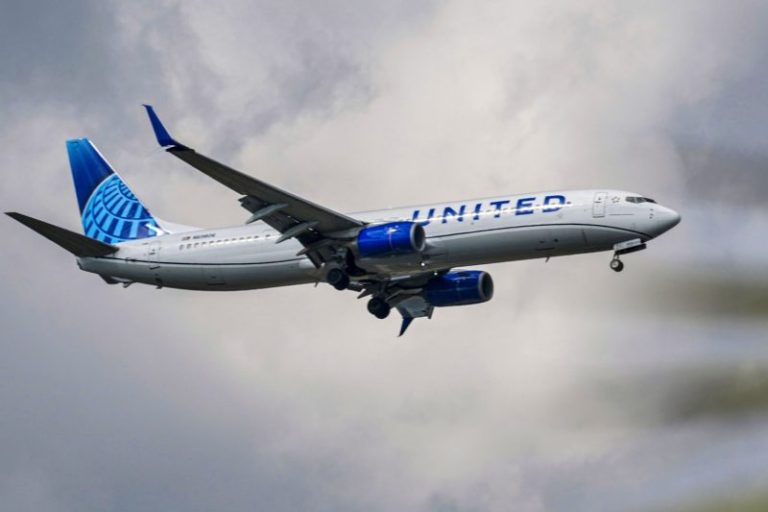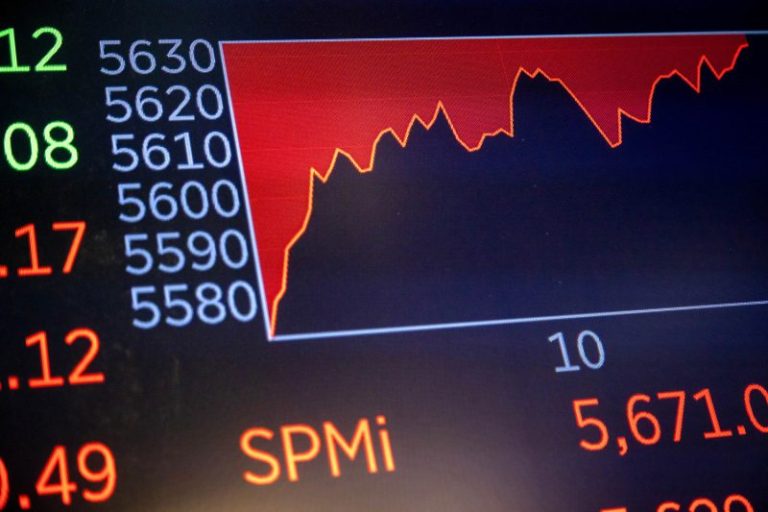Elon Musk’s high-profile role in the Trump administration is dominating headlines. His DOGE recommendations are roiling the Washington establishment. His young staffers with backpacks are looking at waste in multiple government agencies, and he himself is frequently advising the president. While Musk’s prominent role is certainly unusual, history reveals some parallels to presidential advisers who have had an enormous influence in previous administrations. History also shows that having a high-profile non-traditional role also paints a big target on your back.
One of the first uber-powerful outside advisers was in the Woodrow Wilson administration. House was a wealthy Texan who had been advising Democratic politicians in his home state when he connected with then-New Jersey Governor Wilson.
When Wilson won the presidency, House had little interest in a Cabinet slot. According to Wilson’s personal physician Cary Grayson, House ‘wanted no office himself and his one desire, it seemed, was to be helpful to the President in the selection of men for appointments.’
House became Wilson’s main foreign policy adviser. He lived in the White House, which gave him access day and night to Wilson, and controlled the flow of information to Wilson. House recalled that Wilson ‘seldom reads the newspapers and gains his knowledge of public affairs largely from the matter brought to his attention….’ With House culling what was brought to Wilson’s attention, it’s unsurprising that Wilson once called House ‘my second personality,’ adding ‘his thoughts and mine are one.’
House’s influence grew with America’s entry into World War I in 1917. House came up with the idea for and populated The Inquiry, a proto think tank that examined the potential scenarios in the war’s aftermath. Wilson’s famous 14 Points speech, laying out his framework for a post-war world, was based on a draft written by Inquiry member Walter Lippman and then refined by House and Wilson. As House recalled his efforts on that speech, he and Wilson ‘finished remaking the map of the world…at half past twelve o’clock.’
Although the war initially increased House’s power, it also set the stage for his downfall. There was resentment within the White House and the State Department about House’s outsized role. Wilson’s second wife Edith did not much like him, either. Wilson also felt that House conceded too much to the European powers in the Versailles negotiations. House further pushed his luck by urging Wilson to negotiate with Senate Republicans to secure passage of the Versailles Treaty, good advice that Wilson did not want to hear.
On June 28, 1919, House and Wilson met for the last time as Wilson was about to return to the U.S. to begin his ultimately unsuccessful effort to ratify the treaty. He said, ‘Good-by, House,’ and the two men never spoke again.
Franklin Roosevelt also had a top administration priority run by a man with a military title in a non-traditional appointment. Ex- was working for the wealthy investor and Democratic fixer Bernard Baruch when he became a member of Roosevelt’s ‘Brain Trust.’ He then headed Roosevelt’s new National Recovery Administration, where, according to the New York Times, he was given ‘almost unlimited powers.’
Johnson’s job as head of the NRA was to get companies to adhere to Roosevelt’s New Deal policies. Here the similarities to DOGE are apparent, except NRA was initially an executive branch creation targeting the private sector, while DOGE aims to rein in government. Congress created the NRA, and Roosevelt signed it into law, on June 16, after Johnson had started. Within one month, Johnson got 2 million companies to sign on to the NRA codes, allowing them to display the ‘Blue Eagle’ of compliance.
Johnson used heavy-handed tactics to get companies to comply. Ford founder Henry Ford learned this firsthand when he refused to sign on. In response, Johnson criticized Ford publicly and went to Michigan to confront Ford, even threatening to sic the Department of Justice on Ford. Ford pushed back, issuing a company statement saying that Johnson was ‘assuming the airs of a dictator.’
Ford’s resistance notwithstanding, Johnson was lionized by the press, and he was named TIME’s ‘Man of the Year’ in 1933. The power and accolades, however, seemed to go to Johnson’s head. His former employer Baruch warned FDR that Johnson was ‘a born dictator.’ Cabinet members like Labor Secretary Frances Perkins and Treasury Secretary Henry Morgenthau complained about him as well, but Roosevelt defended Johnson, saying that ‘every administration needed a Peck’s Bad Boy.’ Roosevelt even spurned an offer from Johnson to resign, prompting Johnson to tell the press, ‘My feet are nailed to the floor for the present… I am not going to resign.’
Despite Roosevelt’s initial support, the pressure eventually became too great. Roosevelt forced Johnson to resign in September of 1934. In his resignation speech, Johnson called the NRA ‘as great a social advance as has occurred on this earth since a gaunt and dusty Jew in Palestine declared, as a new principle in human relationship, ‘The Kingdom of Heaven is within you.’’ Johnson’s love for the administration that ousted him did not last, though, as he became a Roosevelt critic, particularly of Roosevelt’s effort to remake, or ‘pack’ the Supreme Court that had invalidated Johnson’s NRA in 1935.
In Roosevelt’s third term, he changed priorities from what he called ‘Dr. New Deal’ to ‘Dr. Win the War.’ In this, one of his top needs was to shift America’s industrial base to producing war material. To do so, Roosevelt needed someone not from government but from the private sector that he had spent much of his first two terms trying to bring to heel. FDR looked to Baruch for advice. Baruch responded: ‘First, Knudsen. Second, Knudsen. Third, Knudsen.’ Baruch was referring to , president of General Motors, at the time the largest company on earth. FDR called Knudsen, who forgo an enormous $300,000 salary – about $6.5 million today – to become a dollar-a-year man in Washington. FDR also made Knudsen a lieutenant general in the Army, an unusual move for someone coming directly from the civilian ranks.
Like House and Johnson before him – and Musk in our day – Knudsen had his critics. New Dealers were angry that Knudsen refused to shut down the production of cars for civilian use. Knudsen held his ground before FDR, explaining that shutting down production would necessitate closing the plants, which would get in the way of war production.
Criticism notwithstanding, Knudsen did his job well. In marshaling America’s industrial might to help the United States and its allies, Great Britain and the Soviet Union, win the war, Knudsen got some praise from an unusual source. At the 1943 meeting of the Big Three allies in Tehran, Josef Stalin proposed a toast ‘to American production, without which this war would have been lost.’ It might as well have been a toast to Knudsen himself.
Following the war, TIME founder saw in Dwight Eisenhower an opportunity to return Republicans to the White House. Luce backed Eisenhower in a variety of ways: with favorable TIME coverage, foreign policy advice, and the loan of several staffers to Eisenhower’s 1952 presidential campaign. When Eisenhower won, some of the Luce people joined the administration, and Luce’s wife Clare Boothe Luce served as ambassador to Italy.
During Eisenhower’s administration, Luce continued to provide both advice and favorable coverage, although the latter came at a cost. TIME staffers did not like serving as ‘Eisenhower’s mouthpiece.’ More broadly, TIME began to be seen as biased towards the Republicans, an example of reputational damage stemming from being too close to a sitting administration.
In the Nixon administration, another prominent CEO would take a hit for his closeness to a Republican president. In 1968, long before was a presidential candidate, the Texas billionaire and founder of EDS met Richard Nixon through PepsiCo Chairman Donald Kendall. Perot, who had become rich selling data processing to the federal government, told Nixon that computers could be an important tool in a presidential campaign. He provided 10 paid employees – and an EDS airplane – to the Nixon campaign to demonstrate how it could be done.
When Nixon won, Perot became a presence in the Nixon White House. He never took an official position, but he did join the Nixon Foundation, and was a source of ideas, staff, and money – or at least promises of money. He also highlighted the issue of American POWs held by the North Vietnamese, something that the Nixon administration appreciated. For its part, the Nixon administration helped Perot as well, siding with EDS in some government contract disputes and aiding EDS in its efforts to secure additional contracts.
While helpful in some ways, Perot was also a pest. Some of his ambitious plans, like buying the Washington Post or ABC to improve their Nixon coverage, did not come to fruition. Still, the idea of a billionaire buying a platform that could aid a president politically has at least some familiarity. In addition, Nixon White House aide Gordon Strachey characterized him as ‘Difficult to please Perot.’
The Nixon link would eventually cost Perot. The Nixon administration asked Perot to help the struggling but prominent Wall Street firm F. I. Dupont, Glore Forgan and Co. Perot initially put in $10 million, then poured in more, ultimately totaling $100 million. In the end. Dupont fell apart, and EDS stock plummeted from $162 a share to $10, significantly reducing Perot’s net worth. As Perot later recalled, ‘They said it was a $5 million problem. So we waded in like Boy Scouts and then found out the vault was out of control.’
When Perot later ran for president in 1992, he lost to Bill Clinton. As president, Clinton enlisted his former Rhodes Scholar friend and business consultant as staff director of his health care task force. Magaziner had eschewed offers of a Cabinet slot to help direct the administration’s biggest issue. Magaziner enlisted hundreds of volunteers, many from the private sector, to work on the task force, working 15-hour days in 30 different sub-task forces, and meeting with Clinton on a nearly daily basis.
Like Musk, Magaziner tried to attack a challenging problem in a new way. As his wife Suzanne said of him, ‘Ira is always trying to redefine the square. He’s not constrained by limits just because they’re there.’ He also took his share of hits. The Washington Post’s Steven Pearlstein said of Magaziner that ‘There is about him a supreme self-confidence that sometimes slips into arrogance.’
Ultimately, the health effort failed, and Republicans took control of the House and Senate in part because of the backlash against the Magaziner-led initiative. The American Association of Physicians and Surgeons sued the administration, arguing that non-governmental appointees could have meetings with governmental officials that were not open to the public. Federal Judge Royce Lamberth ruled that Magaziner was ‘misleading at best’ in the discovery process. Lamberth added that the government needed to be ‘accountable when its officials run amok,’ and fined Magaziner more than $285,000.
Magaziner offered to resign after the health care failure, but Clinton refused the resignation. Magaziner remained a White House adviser on internet-related issues through 1998, and his fine was eventually reversed on appeal in 1999.
Clearly, no one is or could be exactly like Elon Musk: a mega-billionaire who runs electric car, social media, and space exploration companies while running a powerful government commission identifying waste, fraud, and abuse. But there have certainly been other prominent private sector actors who have worked on presidential priorities in non-traditional ways, bringing in their own people in the process. And there have also others who have been accused of arrogance and conflicts of interest, pilloried in the press and subjected to financial and reputational hits. The biggest open question is what happens in this kind of relationship between the president and the adviser. Whether the Musk-Trump relationship survives this experience remains the biggest and most interesting question out there.






